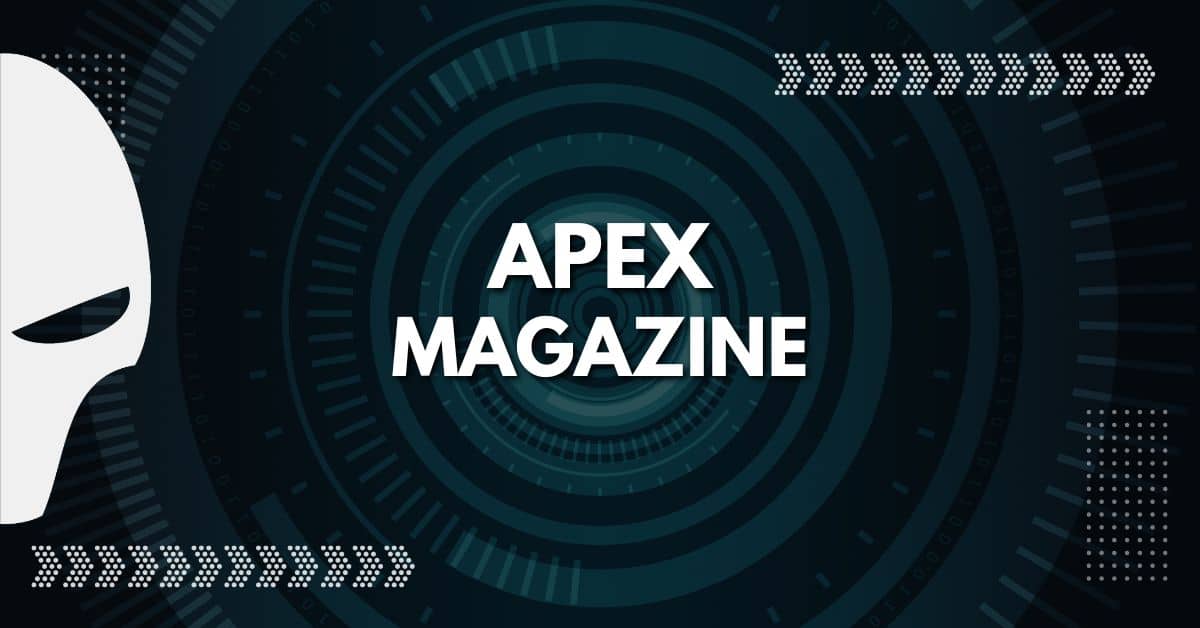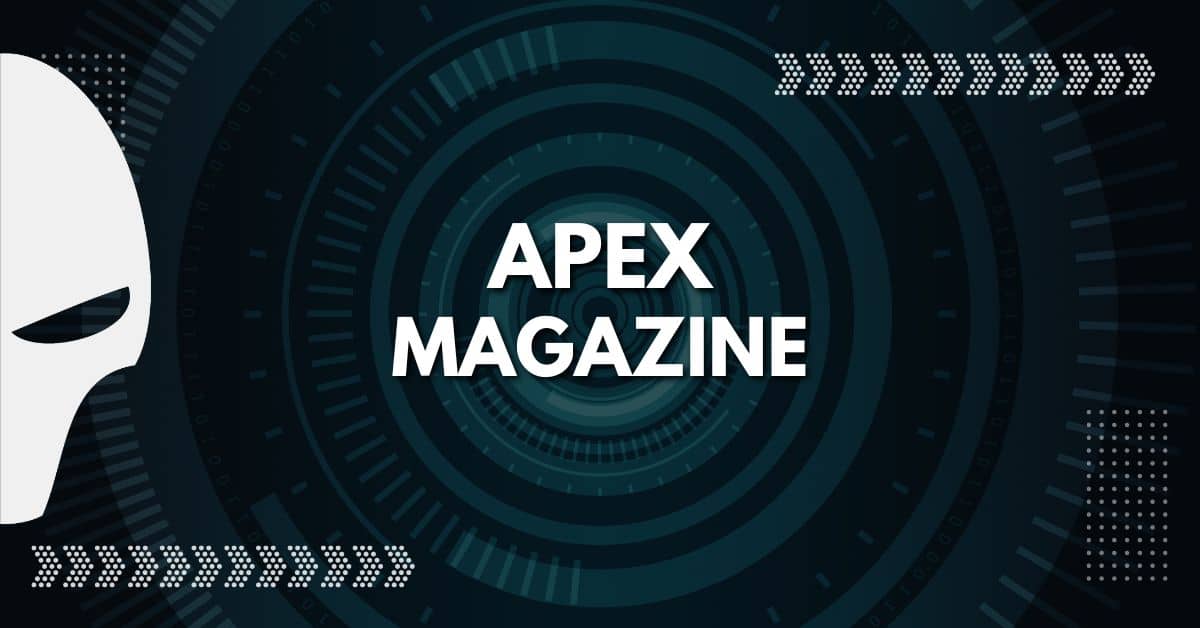
On your blog, you mention that your own circumstances inspired the story “Valentines”. Would you tell us about the evolution of the story and what it means to you?
There's not much evolution to tell - it fell out of my brain all in one piece! When I was supposed to be writing something else entirely, of course.
So far as the personal circumstances, the author's note that accompanied the story in Interfictions 2: Epileptics live in a very interstitial state, slipping from world to world with little or no warning. Some seizures induce a sort of religious euphoria. Some are stark, terrifying disconnection. In some, one hears music no one else can hear, or one experiences the scent of lilacs as a physical object.
Temporal lobe epilepsy means, at its best, walking between worlds.
In 2003, I became interstitial, and I’ve been trying to make sense of it ever since – of the electrical cascades in my brain that can send me elsewhere, of the battery of medications that often make things worse, and of the pervasive sense of data loss and the odd things the brain does to patch those holes.
“Valentines” could be an extended seizure state. It could be many-worlds quantum physics. It could be magical realism. It is me, like my protagonist, trying my best to make sense of this in-between world.
The aforementioned blog post unpacks this a little more, and also has beautiful pictures of art inspired by the story!
In “Valentines” we see the character dealing with memory loss, “Data loss. I do not remember the things everyone remembers. And I need to. In order to build a self, I need a foundation.”. Do you think the main character will find the information needed to build that foundation? What do you think the future could hold for her?
I think that not-knowing is part of the point; the character exists in a liminal state, and will continue to do so.
Really, we're all reconstructing ourselves all the time. The you that you are today is not the you that you were five, ten years ago. This is an exaggerated portrayal of something most of us go through anyway, the reinvention of self.
“Valentines” tells the story of someone who feels disconnected, someone whose memory evades them and who is seeking answers that will provide some order to the world. I think most people, at least at some point, can identify with the feeling of being disconnected. Therefore, we can make an immediate connection to the character. What do you hope readers take away from the story?
Well, I hope that they like it, and that they tip their waiters.
Also, I hope they'll be intrigued by neuroscience! One of the things about this story is that's it's not necessarily a genre story. Everything described herein is actually quite possible in our world, with just a few neuronal misfires. Oliver Sacks and V.S. Ramachandran have some wonderful books for laypeople about some of the more fascinating things that the human brain does when it's not calibrated properly.
Do you belong to any critique groups or participate in any writing workshops?
I don't. I don't really have a community of writers; I tend to hang out with jewelers, artists, activists, makers, circus artists, librarians, dancers. They're all avid readers, though, so I get some really interesting and varied opinions on my work!
This one is just for fun. If you could meet any fictional character who would it be and why?
My husband's suggestion: a compassionate conservative. Personally, I protested, saying that I don't have time to meet anyone new, fictional or not.
For first time readers of your work, sum up what to expect in one sentence.
Memory, mythology, homesickness, explosions, serious whimsy, fraught decisions, examination of rape culture, political coups with superpowers, and at least one theoretical quantum unicorn.
Thanks for being such a great guest! Where can we go to learn more about you and your works?
ShiraLipkin.com! I also have a Facebook fanpage for more up-to-the-minute news.










